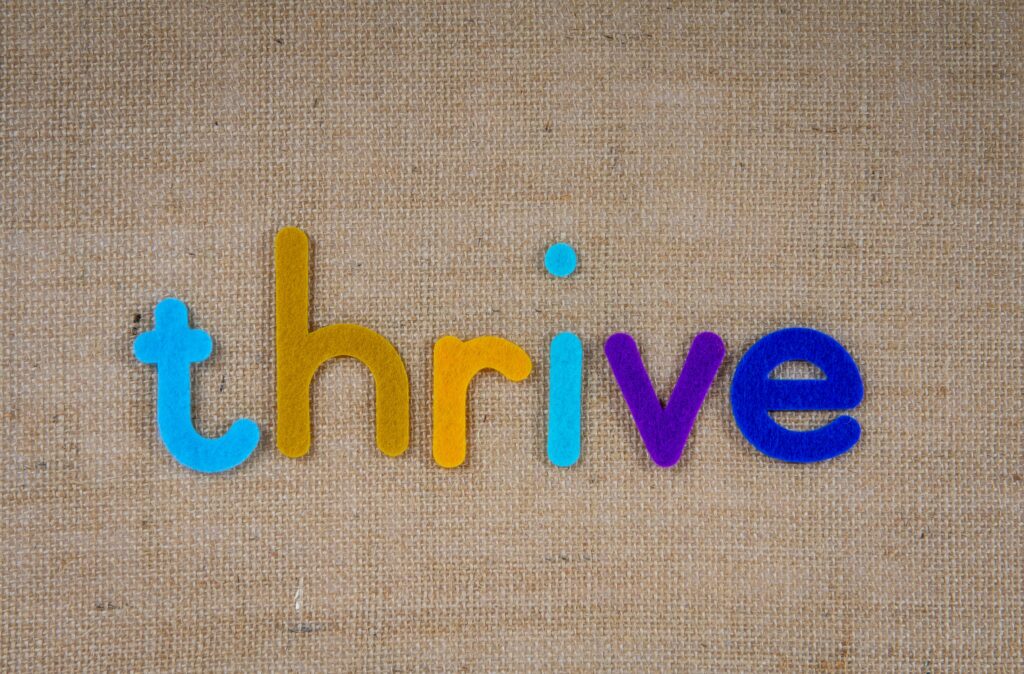
Coaching can support the journey from adolescence to adulthood. This is a critical period marked by significant physical, emotional, and cognitive changes. During this time, young people face numerous challenges, including identity formation, academic pressures, and the quest for independence. Coaching can happen in academic, athletic, or personal development contexts. It plays a crucial role in guiding adolescents and young adults through these formative years. This blog post explores the multifaceted impact of coaching on young individuals. It also highlights the benefits supported by research.
1. Personal Growth and Self-Discovery
Coaching helps adolescents and young adults explore their strengths, weaknesses, interests, and passions. Through personalised guidance, coaches assist young people in setting realistic goals and developing strategies to achieve them. This process of self-discovery is vital for building self-awareness and confidence. These attributes are essential for navigating the complexities of adulthood.
For example, a study by Grant (2003) found that coaching significantly enhances self-reflection and self-insight, leading to improved self-esteem and motivation among young adults. By fostering a deeper understanding of themselves, adolescents can make informed decisions about their future.
2. Academic Achievement
Academic coaching provides students with the tools and techniques needed to succeed in their studies. Coaches work with students to develop effective study habits, time management skills, and test-taking strategies. This personalised support can lead to better academic performance and reduced stress.
Research by Bettinger and Baker (2014) demonstrated that students who received academic coaching showed significant improvements in their academic outcomes. The study highlighted the importance of individualised support in helping students reach their full potential.
3. Emotional and Social Development
Adolescence is a period of intense emotional and social development. Coaching offers a safe space for young people to express their feelings. Here they can explore their relationships and develop healthy coping mechanisms. Coaches can provide guidance on managing stress, building resilience, and improving interpersonal skills.
A study by Vansteenkiste et al. (2004) emphasised the role of coaching in promoting intrinsic motivation and emotional well-being. The research found that coaching interventions led to increased self-regulation and emotional stability. These are crucial for healthy social development.
4. Career Readiness and Life Skills
Coaching prepares adolescents and young adults for the transition from education to the workforce. Career coaches help young people identify their career interests, develop job-search strategies, and build essential life skills such as communication, teamwork, and problem-solving.
According to a report by the National Association of Colleges and Employers (NACE), students who engaged in career coaching were more likely to secure employment after graduation. They also reported higher levels of career satisfaction. The report highlighted the value of coaching in equipping young adults with the skills needed for successful career entry.
5. Positive Role Models
Coaches often serve as positive role models, demonstrating the behaviours and attitudes that lead to success. The mentor-like relationship between a coach and a young person can provide inspiration, encouragement, and accountability. This connection can be especially impactful for adolescents who may lack positive influences in their lives.
A review by Jowett and Cockerill (2003) found that the quality of the coach-athlete relationship was a significant predictor of athletic performance and personal development. The study underscored the importance of a supportive and trusting relationship in achieving positive outcomes.
Conclusion
Coaching plays a pivotal role in the development of adolescents and young adults, offering personalised support and guidance during a critical period of growth. By fostering self-discovery, academic achievement, emotional well-being, career readiness, and positive role modelling, coaches help young people navigate the challenges of adolescence and prepare for a successful future. As research continues to highlight the benefits of coaching, it is essential for educators, parents, and policymakers to recognise and support the integration of coaching into youth development programs. Coaching takes place in different contexts, including life coaching, sports coaching and academic coaching. As more evidence emerges about the benefits of coaching, it is crucial to continue advocating for its inclusion in youth development initiatives. Find out how we can help you become a professional certified coach for adolescent and young adults here.
References
1. Grant, A. M. (2003). The impact of life coaching on goal attainment, metacognition and mental health. Social Behaviour and Personality: An International Journal, 31(3), 253-264.
2. Bettinger, E. P., & Baker, R. (2014). The effects of student coaching: An evaluation of a randomized experiment in student advising. Educational Evaluation and Policy Analysis, 36(1), 3-19.
3. Vansteenkiste, M., Simons, J., Lens, W., Sheldon, K. M., & Deci, E. L. (2004). Motivating learning, performance, and persistence: The synergistic effects of intrinsic goal contents and autonomy-supportive contexts. Journal of Personality and Social Psychology, 87(2), 246-260.
4. National Association of Colleges and Employers (NACE). (2020). First-Destination Survey: Class of 2019. Retrieved from https://www.naceweb.org.
5. Jowett, S., & Cockerill, I. M. (2003). Olympic medallists’ perspective of the athlete-coach relationship. Psychology of Sport and Exercise, 4(4), 313-331.